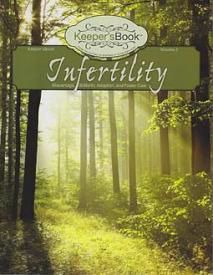Details
This book documents today’s rising rates of cremation in the West, and notes that these rates now include many deceased Christians, a stark contrast to Christians in the past who had consistently rejected cremation from their earliest years in pagan Rome to the mid-1960s. Christians opposed and spurned cremation for a number of reasons, discussed in this book. By mid-fourth century, Christianity’s rejection of cremation influenced pagan Rome to abandon cremation. Earth burial became the only acceptable way to dispose of deceased humans, resulting in a major cultural change in the West. Converts to Christianity had to promise they would never be cremated. Graveyards were named cemeterial Latin for where dead people “sleep;” from which we get the word “cemetery,” a name now contradicted by cremation.
Specifications
Binding Book Category Age by Development More Info
Customer Reviews
| 5 star | 0% | |
| 4 star | 0% | |
| 3 star | 0% | |
| 2 star | 0% | |
| 1 star | 0% |
Sorry, no reviews match your current selections
$30.99





